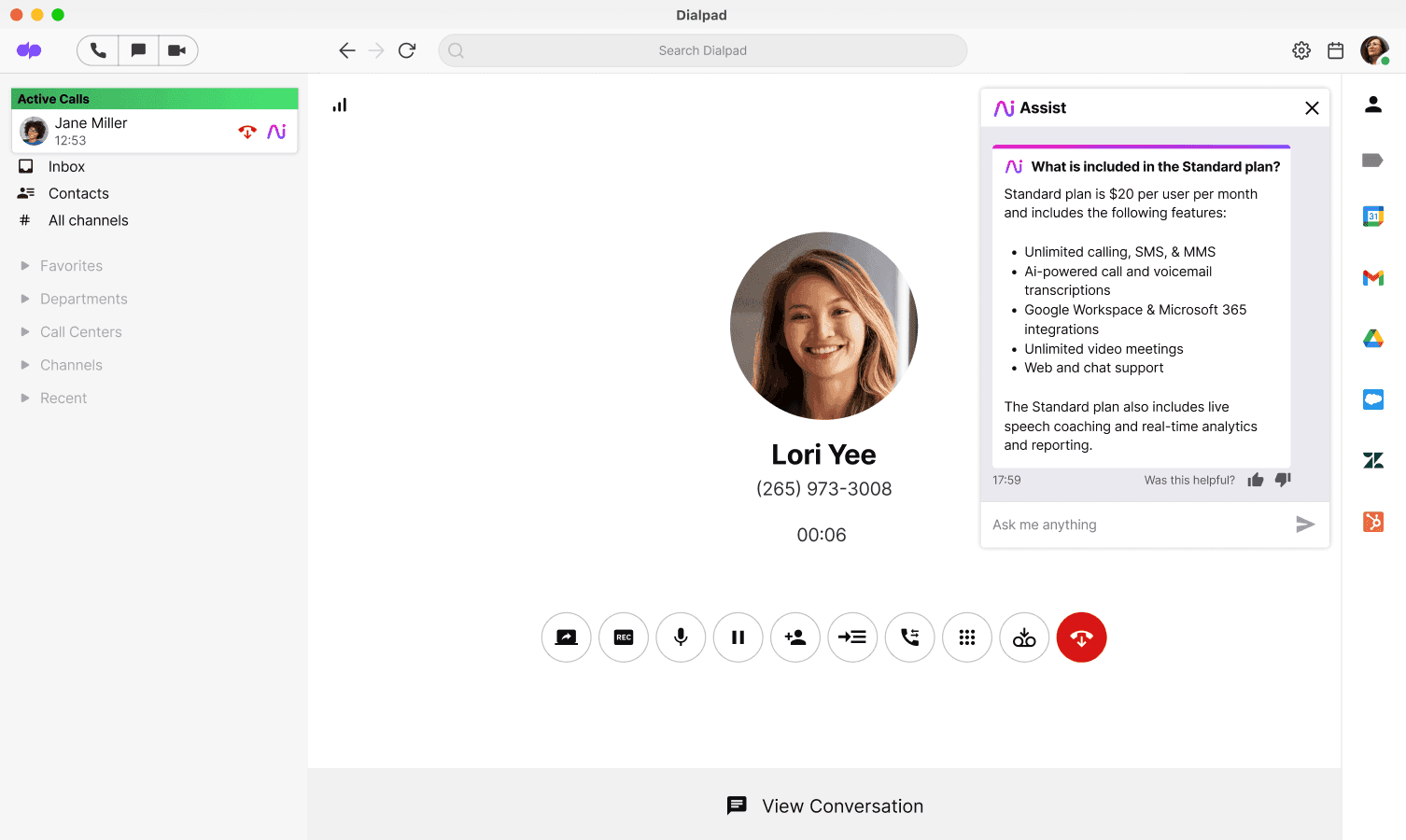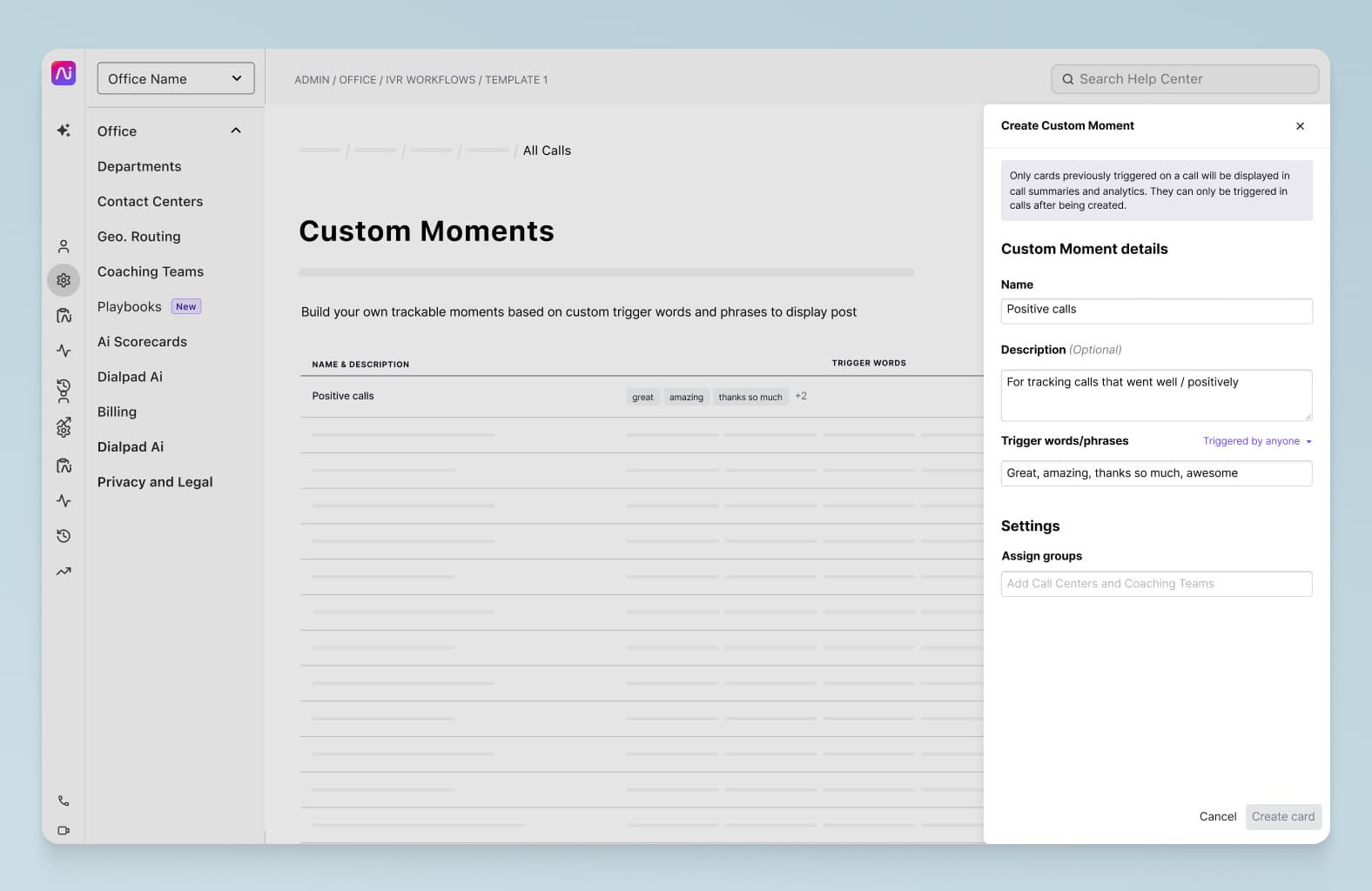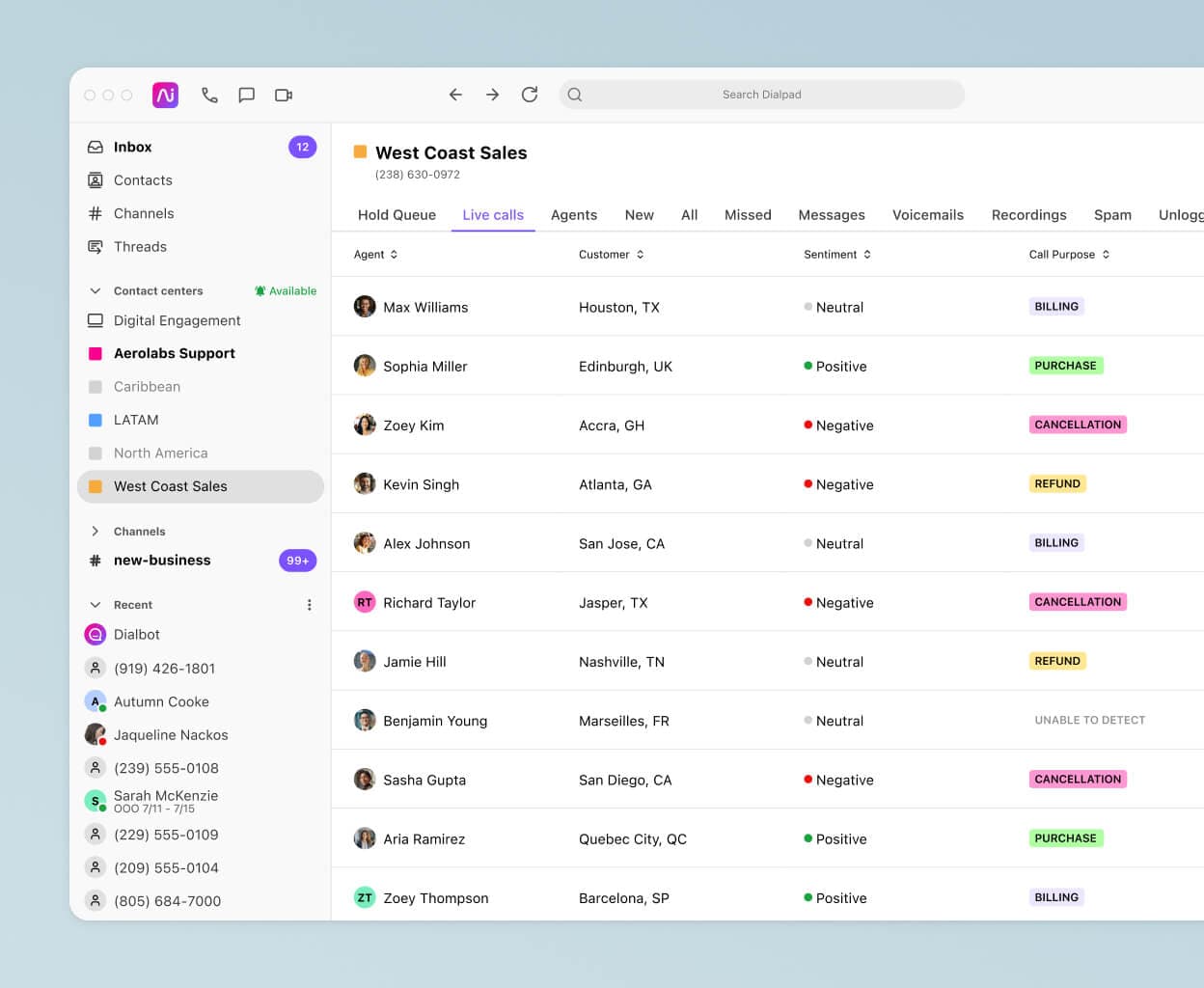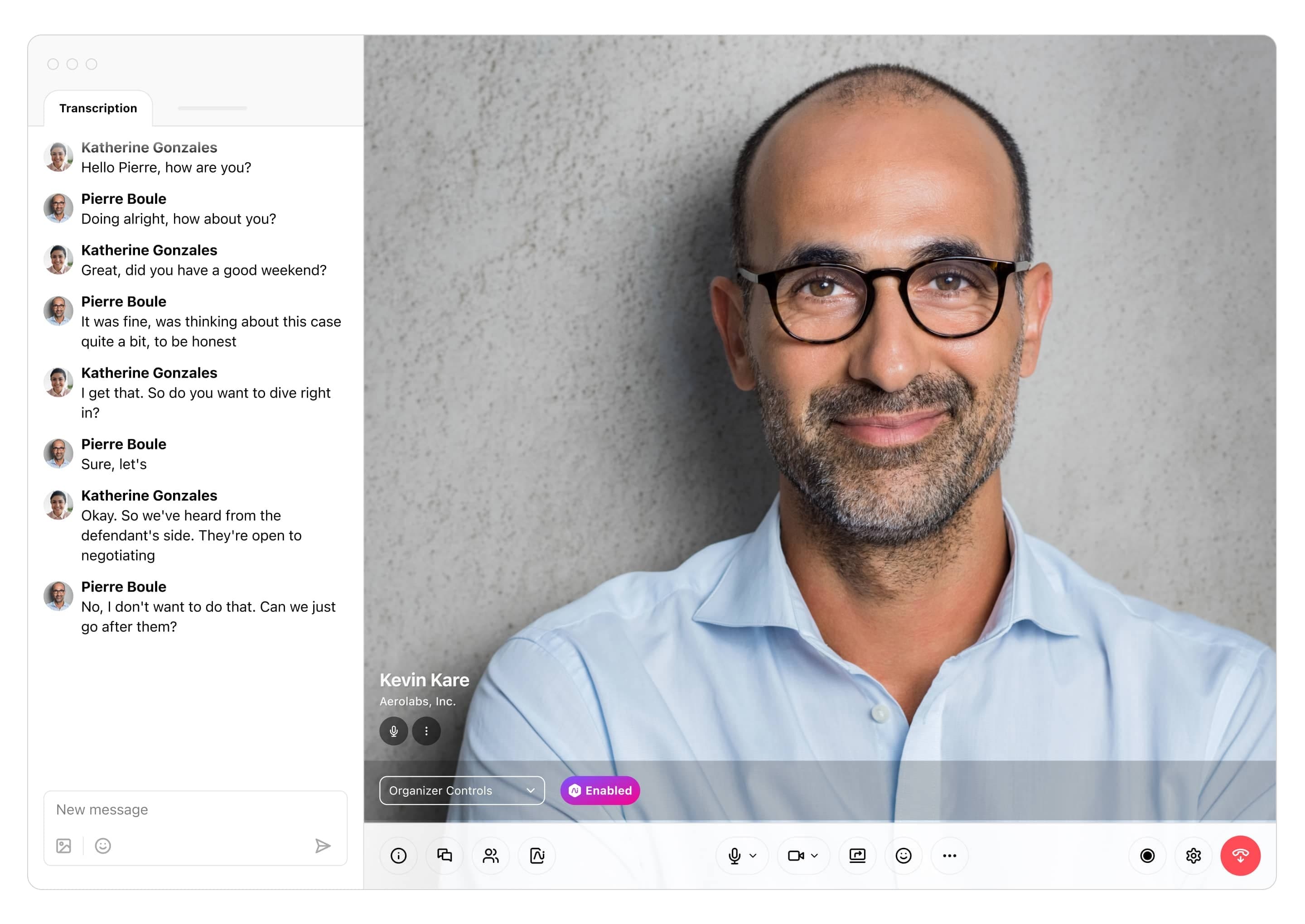As we all probably know, the debate around whether artificial intelligence or AI is good has been raging for much longer than ChatGPT has been around.
From dystopian stories like Blade Runner and Ancillary Justice to movies and shows like Her and Westworld, the question of “is AI good” seems like it’s one of those riddles that don’t really have an answer.
But maybe that’s not the right question to ask.
When the internet first came into being and people started to learn about the issues that came with it (cybercrime, the spread of misinformation, and so on), most of us asked the same thing: “Is the internet good?”
But after a few decades now, it’s safe to say that like many other tools, the internet is neither good nor bad. It can only be used in good or bad ways.
In this blog, we’ll look at why asking “why is AI good” or not good will likely lead us down the same path.
But first…
What is artificial intelligence (AI)? A quick recap
Artificial intelligence or AI is the ability of a machine or computer to perform tasks associated with human intelligence.
Many people use “AI” to refer to a variety of related concepts, from AI as a field of study to AI as an actual robot (for example, calling a chatbot or virtual assistant like Siri as an AI).
Today, AI can be found in everything from self-driving cars to face-tuning filters in your favorite social media app. And while there are many different types of AI and use cases for generative AI, all of them share one common thread: they use data and algorithms to make decisions and solve problems much more quickly than humans.
Is AI good for business?
The use of artificial intelligence in the workplace is becoming increasingly common, and for good reason.
From automating simple tasks to providing real-time guidance on customer calls, AI is already doing a lot. Its many reported benefits for businesses include cost savings, improved customer experiences, and higher employee productivity—and we’ve only just started using AI!
In fact, according to a survey by McKinsey, 40% of respondents reported more than 5% of their digital budgets went to AI in 2018—compared with 52% in 2022.
But did these respondents and the companies that they worked at benefit from using AI? In other words, was AI actually good for business?
For many of them, yes. If we look at two of key signs of business success—revenue increase and cost decrease—AI can help with both.
From marketing and sales, to UI/UX, product and service development, AI is helping a wide range of businesses across different industries reduce costs and increase revenues:

Accenture even produced an entire report on how AI can improve profit potential for businesses, stating that “AI has the potential to boost rates of profitability by an average of 38 percent by 2035 across 16 industries.”
In addition, businesses like a web design agency can integrate AI technologies to create more dynamic and user-friendly websites, enhancing the digital presence of businesses.
Even though there are many security and compliance questions to answer when it comes to using AI and considering how it fits into businesses’ operations over the long term, it’s hard to deny that when used strategically, AI can produce a net benefit for businesses.
What exactly is AI good for?
AI can be used in a variety of ways to provide businesses with a range of benefits. Here are just a few of many examples of how AI can help businesses in different industries improve their processes and operate more efficiently.
Conversational AI on websites and digital channels
Not too long ago, chatbots were pretty unpopular. It was understandable—you’d ask a chatbot a question and instead of giving you the answer you need, it would force-suggest three or four answers that had nothing to do with your question. Which made you realize, “Oh, whoever designed this chatbot flow didn’t think to pre-set this question because I guess I’m the first person to have this issue.”
Today, that’s changed a lot. Instead of chatbots, businesses are using the next evolution of this technology: conversational AI. Unlike traditional chatbots, conversational AI can answer a much larger variety of questions by pulling from all the knowledge sources that it’s connected to.
For example, say you’re moving and need to move your internet service to your new home. Instead of calling and waiting on hold, you try the chatbot on the provider’s website.
To your surprise, you get the answer to your question instantly. This is conversational AI at work:

Objection handling in sales
AI is helpful for sales teams too. If your sales team makes a lot of cold outbound calls or just has a lot of conversations with prospects in general, they probably come across their share of objections from those prospects.
They may ask about pricing, bring up competitors, and ask your reps very specific questions about product features or services. AI can help them talk through these tough conversations. For example, Dialpad’s Real-Time Assist feature automatically searches all your connected knowledge sources (even unstructured ones like PDFs and past customer conversations) to pull relevant information right onto the rep’s screen:

Customer service topic tracking
Customer service AI can do this too, just in a support context. So instead of objection handling and competitor talk tracks, Dialpad’s Ai Agent Assist can pull troubleshooting tips and answers to FAQs for customer support agents.
Beyond helping agents live during customer calls, AI can also help supervisors with monitoring common questions and issues that come up, so they can improve their contact center training materials and the overall customer experience.
For example, with Dialpad Ai’s speech recognition ability, our supervisors can create “Custom Moments” to track specific keywords and topics. Want to see how often customers are asking for refunds? You can create a Custom Moment to track every time “money back,” “refund,” and/or “cancel” is said by a customer on a call:

Gauging customer satisfaction
If you’re running a contact center and overseeing a team of tens (or even hundreds) of agents, things can get overwhelming. With so many calls happening simultaneously, how can a manager quickly see if an agent needs help or if a call with a customer is going badly?
AI can do live sentiment analysis, which means it can instantly flag calls with negative sentiment to the supervisor. That’s what Dialpad Ai can do—and if you do see a call with negative sentiment, you can just open up the live transcript to get more context before deciding if you need to listen in or barge the call:

Automated note-taking and meeting summaries
One simple way in which AI can improve productivity is by taking care of note-taking for calls and client meetings.
Traditionally, a note-taker or fast-typing secretary would take on this role. But today, AI has been shown to be an adept transcriber—in real time. In fact, Coye Law Firm replaced its business phone system with an AI-powered communications solution that can transcribe client calls in real time:

Helping maintain compliance
Law firms and other regulated industries like healthcare and insurance may need to adhere to regulatory requirements and/or maintain records of their communications. Having an AI transcription tool can supplement call recordings to provide an accurate record of conversations—this would be possible, for example, with Dialpad’s AI-powered communications solution as mentioned above.
Dialpad Ai can also be set up to identify specific keywords and phrases related to compliance matters, and flag these keywords in real-time.
Is AI good for humanity?
Beyond business benefits and efficiencies, the use of AI has far-reaching implications for humanity as a whole.
Like any previous revolutionary technology like the internet and the first iPhone, AI technology has the potential to make a tremendous positive impact on our lives, while also carrying certain risks.
For example, the US Department of Energy’s SunShot Initiative (powered by IBM) is an AI program that “combines self-learning weather models, datasets of historical weather data, real-time measurement from local weather stations, sensor networks and cloud information derived from satellite imagery and sky cameras.”
Hendrik Hamann, Distinguished Researcher and Chief Scientist for Geoinformatics at IBM, said, “We found that improved solar forecasts decreased operational electricity generation costs, decreased start and shutdown costs of conventional generators, and reduced solar power curtailment.”
Another area that AI has been beneficial is in healthcare, even with a relatively slow and steady pace of adoption. There are already many cases where machine learning and natural language processing have made it possible to do “robust interrogation[s] of multiple datasets to identify previously undiscovered patterns and relationships in the data,” helping with early diagnosis of neurodegenerative and other diseases.
Used the right way, AI can be a force for good
As an emerging technology that’s still evolving every day, it’s nevertheless clear that AI can be a force for good, especially when applied in situations where it’s unsafe or not realistic to have humans process huge volumes of data (such as emergency situations and in healthcare, for example).
Because of this, the question of whether AI is good in and of itself isn't the right question to ask—a better question might be, "How can we use AI for good?"
From a business perspective, the benefits of using technology like generative AI are likewise far-reaching, provided leaders implement AI strategically and consider all the compliance and security questions beforehand.
If you’re interested in using AI to empower your support or sales team, or just to help you do everyday tasks more efficiently, see how businesses across industries like healthcare, law, and finance are using Dialpad Ai to do exactly this!
See how your business can use AI for good
Book a personal walkthrough of Dialpad to find out, or check out The AI Compliance Guide for businesses!









